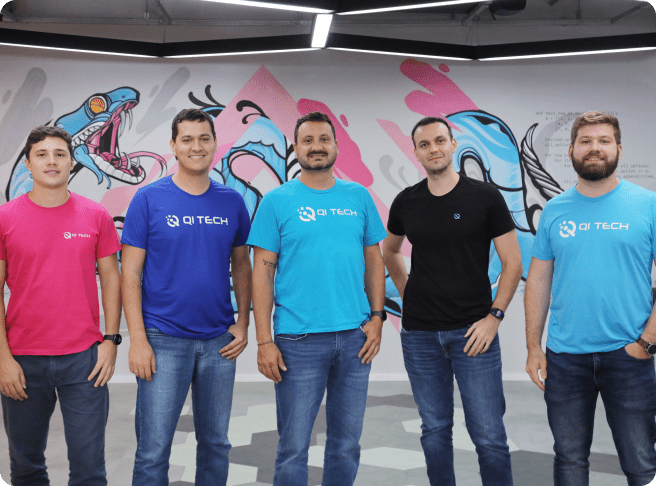The financial technology (fintech) landscape in the Middle East has witnessed a significant development with Spare, an open banking services provider, securing a $3 million funding round. This investment, led by Vision Ventures, underscores the growing importance of open banking in the region and highlights Spare’s role in this transformative sector.
Table of Contents
ToggleCompany Overview
Founding and Leadership
Spare was co-founded by Dalal Alrayes and Saurabh Shah, bringing together a blend of innovative vision and operational acumen. Their leadership has been instrumental in steering the company towards addressing the evolving needs of financial institutions and businesses in the Middle East.
Operational Footprint
Spare operates in key Middle Eastern markets, including Saudi Arabia, Kuwait, and Bahrain. Its focus on providing advanced open banking solutions demonstrates a commitment to enhancing the efficiency and accessibility of financial services in these regions.

Investment Details
Funding Round Composition
The $3 million funding round was led by Vision Ventures and saw the participation of Wa’ed Ventures, Seedra Ventures, global investment firm 500 Global, and several notable angel investors.
Use of Funds
Spare intends to utilize the capital infusion for expanding its team, operations, and marketing efforts, particularly in the Kingdom of Saudi Arabia (KSA). This strategic allocation of funds aims to bolster Spare’s capabilities in driving the open banking agenda forward in the region.
Open Banking: The Backbone of Financial Innovation
Definition and Impact
Open banking refers to the practice of using open APIs that enable third-party developers to build applications and services around the financial institution. This initiative fosters a more inclusive, innovative, and customer-centric financial ecosystem.
Regional Growth and Potential
With a global market projected to exceed $43 billion by 2026 and a Compound Annual Growth Rate (CAGR) of 24.4%, open banking is a rapidly expanding field. The Middle East and North Africa (MENA) region, supported by an evolving regulatory landscape and a surge in fintech activity, is poised to be a significant beneficiary of this movement. Central banks across MENA are developing frameworks to advance open banking, aiming to boost competition and improve customer experiences.
Spare’s Role and Vision
Spare is positioned to be a pivotal player in the MENA region’s open banking revolution. By enabling businesses to access and utilize consumers’ financial data securely, Spare is not just driving technological innovation but also fostering a collaborative financial ecosystem that benefits banks, businesses, and consumers alike.
Expansion Plans and Market Opportunity
Geographic and Service Expansion
Spare plans to expand its offerings and geographical footprint, targeting a broader range of innovative businesses, including traditional lenders and Buy Now Pay Later Fintechs. This expansion is a strategic move to build the critical infrastructure necessary for the fintech revolution in the region.
Investor Perspectives
Investors like Kais Al-Essa, CEO at Vision Ventures, and Muhammed Zeeshan, CIO at Wa’ed Ventures, emphasize Spare’s unique combination of experienced team and substantial market opportunity. Hasan Zainal, a founding investor, expressed confidence in Spare’s potential to transform the fintech landscape across the MENA region.
Conclusion
Spare’s recent funding round is more than a financial milestone; it represents a pivotal moment in the evolution of the financial services industry in the Middle East. By championing open banking, Spare is not only poised to drive significant technological advancements but also to play a crucial role in shaping a more interconnected, efficient, and customer-centric financial ecosystem.












